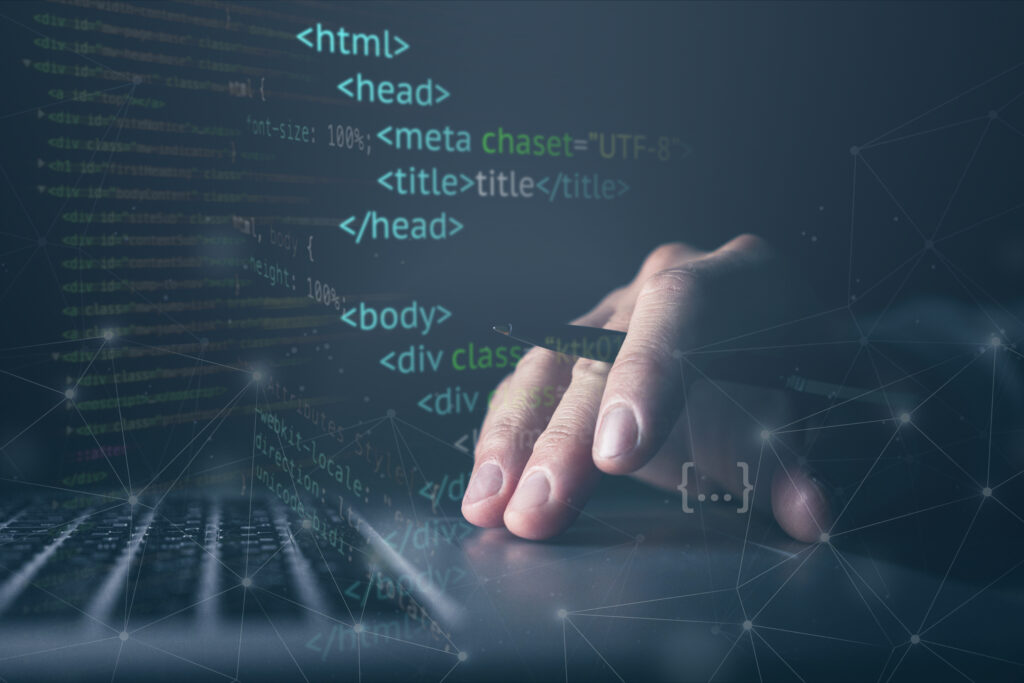1- Introduction to Programming Languages:
Welcome to Mentorspace new post, Programming languages are the foundation of modern software development. But what exactly is a programming language, and why should you learn one?

Table of Contents
2. Why Learn a Programming Language?
Learn why programming languages are essential in today’s tech-driven world. From creating software to automating tasks, the possibilities are endless.
3. Choosing the Right Programming Language:
Not all programming languages are created equal. Understand how to select the right one based on your goals, interests, and industry trends.
4. Setting Up Your Development Environment:
Get your hands dirty by setting up your coding environment. We’ll walk you through installing necessary tools and creating your workspace.
5. Writing Your First Program:
Time to write your first lines of code! Explore the basic syntax of a programming language and create a simple program step by step.
6. Debugging and Troubleshooting:
Bugs are a coder’s worst nightmare. Learn how to identify and fix common errors in your code with ease.
7. Resources for Further Learning:
Ready to dive deeper? We’ll provide a list of resources, including online courses, forums, and books, to help you master your chosen programming language.
More about: Programming language
More Like post: Best Web Development Courses and Certifications 2023

8. Conclusion:
In conclusion, programming languages open doors to countless opportunities in the tech world. With dedication and practice, you can become a proficient coder in no time.
FAQs:
Q: What is the purpose of a programming language?
A: A programming language serves as a means to communicate instructions to a computer. It enables developers to write code that computers can understand and execute, allowing them to create software, websites, apps, and more.
Q: How do I choose the right programming language for my project?
A: The choice of a programming language depends on your project’s specific requirements. Consider factors like your project’s goals, your familiarity with a language, community support, and industry trends when making your decision.
Q: What is the significance of debugging in coding?
A: Debugging is the process of identifying and fixing errors or “bugs” in your code. It’s crucial because even a small error can cause a program to malfunction. Effective debugging ensures your code runs smoothly.
Q: Can anyone learn to code, even if they have no prior experience?
A: Yes, anyone can learn to code, regardless of their background. There are plenty of beginner-friendly resources and courses available online, making coding accessible to people with varying levels of experience.
Q: How can I stay up-to-date with the latest developments in programming languages?
A: To stay current in the fast-evolving field of programming, consider subscribing to tech blogs, following programming news websites, participating in online forums, and joining coding communities. Additionally, taking online courses or attending workshops can help you learn about new languages and techniques.
Q: What are some popular programming languages for beginners?
A: Some popular programming languages for beginners include Python, JavaScript, Ruby, and Scratch. These languages are known for their simplicity and extensive resources for learners, making them excellent choices for those new to coding.


Pingback: Software Tester Jobs - Unveiling Opportunities in-quality